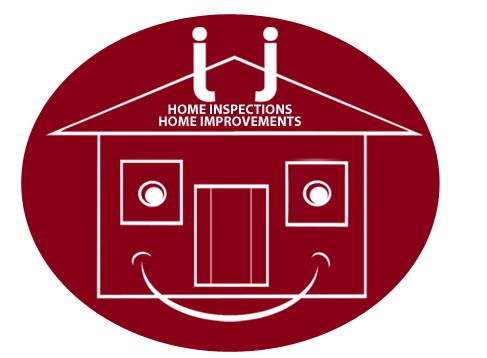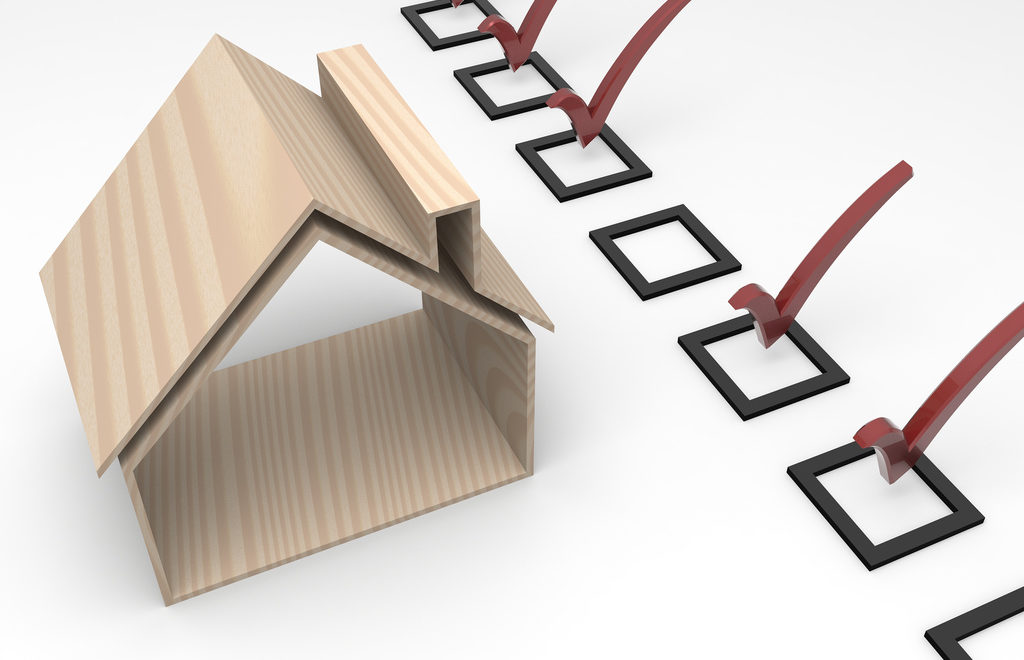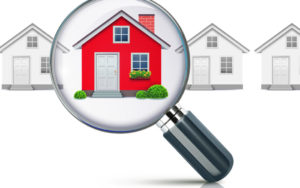How a Home Inspector Can Save You Money in the Long Run
As you prepare to buy your dream home, an array of expenses demand your attention. Hiring a home inspector may seem like an unnecessary additional cost. However, recognizing how this upfront investment safeguards your financial future is key to making a prudent decision.
In this blog, we explore the multifaceted value a home inspector brings to shielding your investment over years of homeownership.
Identifying Potential Issues Early
- Uncovering Hidden Flaws
While captivating staging and clever photography can conceal flaws, an adept home inspector possesses a discerning eye for underlying issues. From questionable structural integrity to latent water damage, they uncover problems that, if disregarded, translate into exorbitant repairs later.
Identifying concerns beforehand allows you to negotiate fixes with the seller or divert funds to address them immediately. Investing in this inspection shields you from surprises down the road.
- Preventing Future Repairs
An experienced home inspector also equips you with preventative recommendations tailored to your property’s needs. From advising routine maintenance tasks to suggesting proactive upgrades, they help you safeguard what may become vulnerable spots.
Implementing these measures grants peace of mind and allows you to avoid preventable expensive repairs.
Negotiating Power in Real Estate Transactions
- Price Negotiation Based on Inspection Findings
Arriving at the closing table armed with meticulous inspection notes places negotiating power in your hands. Significant flaws uncovered equip you with leverage to request that the seller remedy issues or reduce the listing price accordingly.
The outcome prevents you from shouldering unexpected financial burdens post-purchase. Let inspection findings strengthen your position.
- Avoiding “Money Pit” Properties
Without a home inspection, you may bind yourself legally and financially to concealed existing problems or deficiencies prone to failure. Costly repairs transform what appears as a dream home into a financial nightmare overnight.
A home inspector acts as a shield against this outcome by empowering an educated home-buying decision grounded in your property’s true state. Let it mitigate the risk of an impending “money pit” purchase.
Compliance with Insurance Requirements
- Mitigating Insurance Risks
Seeking property insurance introduces home inspection requirements aiming to verify safe conditions and building code compliance.
Meeting these guidelines through an inspection assists in securing coverage critical to safeguarding your valuable asset. It also reduces the possibility of denied claims resulting from preexisting deficiencies. Allow this process to mitigate coverage gaps.
- Securing Lower Insurance Premiums
In addition to smooth policy acquisition, an inspection showcasing a well-maintained property may open doors for premium discounts. Insurance companies reward stewardship of assets translating into lower perceived underwriting risks.
Though requiring an upfront investment, reduced premiums unlocked have the potential to yield significant savings year after year.
When committing to a property, hiring a home inspector is as an indispensable option for securing your financial future in homeownership. Allow the inspector to pinpoint lurking issues early, equip preventative insights, empower transaction negotiations, reduce money pit purchase risks, assist insurance policy acquisition, and unlock premium discounts over the long run. Perceiving this inspection for what it is—an investment in safeguarding your valuable asset—clarifies its multifaceted value.





